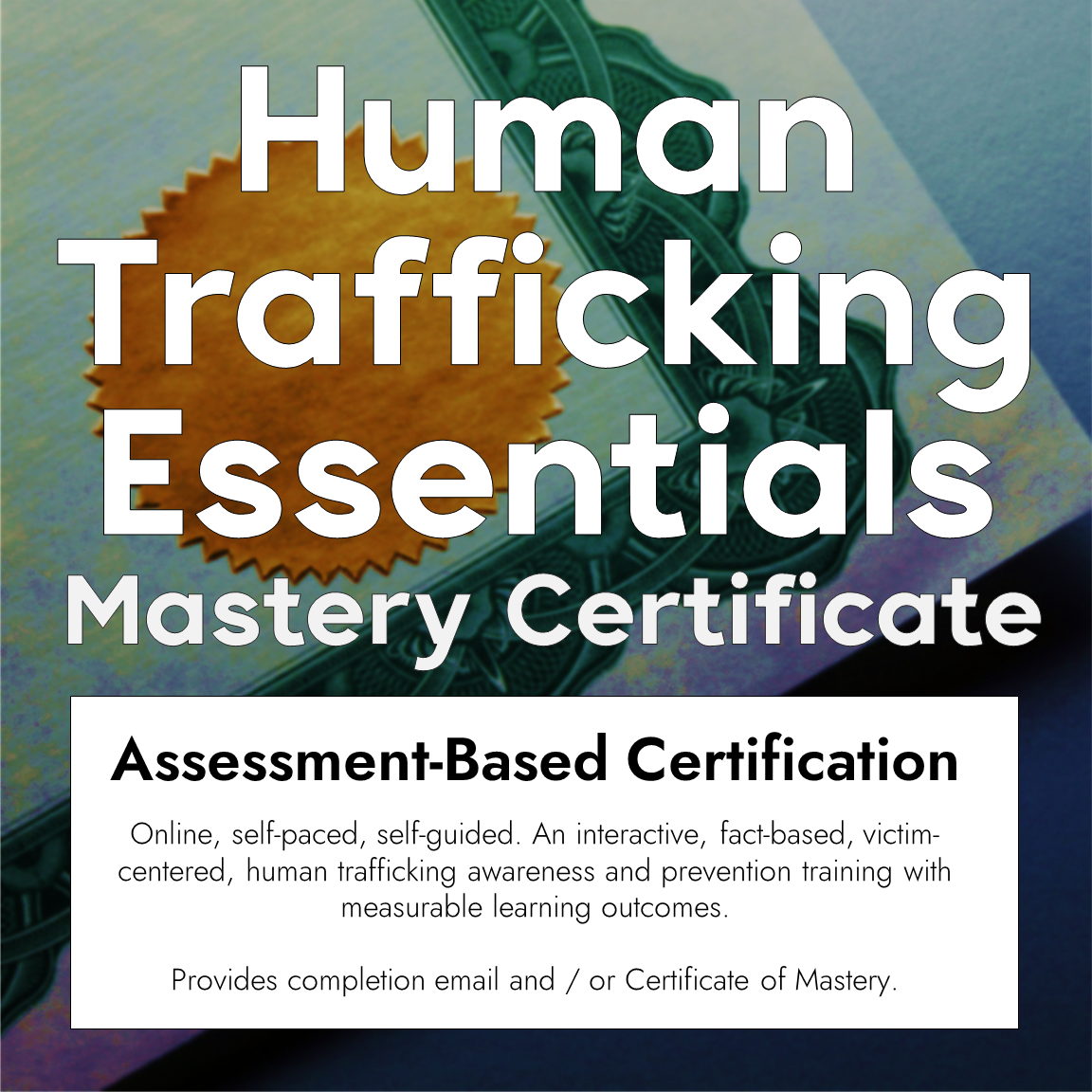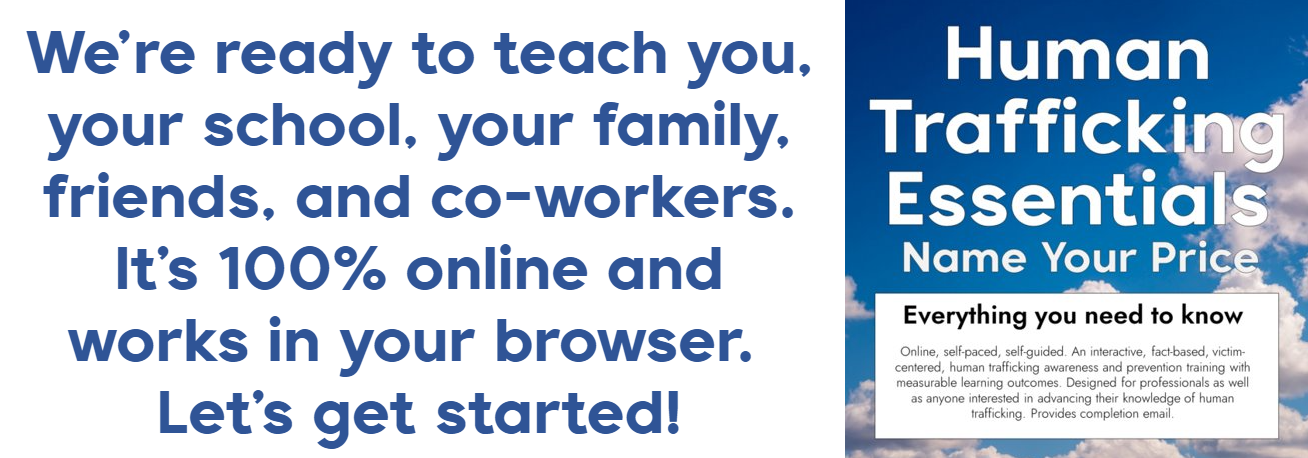Japan Prisoners Reportedly to Process Scallops After China Ban

Japan's government plans to have prison inmates process scallops for export, in order to overcome a bottleneck arising from China's ban on imported seafood from its neighbor, according to a Mainichi newspaper report.
To meet the hygiene standards required for export to Europe and North America, the program will allow qualified inmates to commute to private-sector processing plants without the supervision of prison officers, the report said.
Since Japan began releasing treated wastewater from the wrecked Fukushima nuclear plant into the ocean in August, China has banned imports of Japanese seafood both for domestic consumption and processing for re-export.
The agriculture ministry and justice ministry are still studying the idea of using prisoners for this work, a spokesperson for the agriculture ministry said. The ministry has communicated with the ruling Liberal Democratic Party about the proposal, though nothing has been formalized, the spokesperson said.
Read more: Chinese Seafood Imports from Japan Fell After Release of Fukushima Water
Businesses involved in the workaround would make payments directly to the government for the labor and would be exempt from paying welfare costs including insurance, according to the justice ministry's guidelines for prison labor.
“China was the hub for processing scallops for exports to the U.S.,” said Kouzou Takiguchi, spokesperson at the Japan Aquatic Products Export Council. “Now, it has all stopped, we're looking for a third country for new processing hub like in Vietnam or Thailand, as well as pushing consumption and processing capacity domestically.”
Japan exported roughly ¥108 billion ($721 million) worth of fresh, frozen and processed scallops in 2022. China was the biggest market for Japanese agriculture, forestry and fishery goods last year, with seafood goods accounting for roughly a third of the export amount.
This “Eyes on Trafficking” story is reprinted from its original online location.
Fair Use Notice: The PBJ Learning Knowledge Vault is dedicated to advancing understanding of various social justice issues, including human trafficking and related topics. Some of the material presented on this website may contain copyrighted material, the use of which has not always been specifically authorized by the copyright owner. We are making such material available in our efforts to promote education and awareness of these important issues. There is no other central database we are aware of, so we put this together for both historical and research purposes. Articles are categorized and tagged for ease of use. We believe that this constitutes a ‘fair use' of any such copyrighted material as provided for in section 107 of the US Copyright Law. In accordance with Title 17 U.S.C. Section 107, the material on this site is distributed without profit to those who have expressed a prior interest in receiving the included information for research and educational purposes. For more information on fair use, please visit: “17 U.S. Code § 107 – Limitations on exclusive rights” on Cornell Law School's Legal Information Institute.

ABOUT PBJ LEARNING
PBJ Learning is a leading provider of online human trafficking training, focusing on awareness and prevention education. Their interactive Human Trafficking Essentials online course is used worldwide to educate professionals and individuals how to recognize human trafficking and how to respond to potential victims. Learn on any web browser (even your mobile phone) at any time.
More stories like this can be found in your PBJ Learning Knowledge Vault.
EYES ON TRAFFICKING
This “Eyes on Trafficking” story is reprinted from its original online location.
Fair Use Notice: The PBJ Learning Knowledge Vault is dedicated to advancing understanding of various social justice issues, including human trafficking and related topics. Some of the material presented on this website may contain copyrighted material, the use of which has not always been specifically authorized by the copyright owner. We are making such material available in our efforts to promote education and awareness of these important issues. There is no other central database we are aware of, so we put this together for both historical and research purposes. Articles are categorized and tagged for ease of use. We believe that this constitutes a ‘fair use' of any such copyrighted material as provided for in section 107 of the US Copyright Law. In accordance with Title 17 U.S.C. Section 107, the material on this site is distributed without profit to those who have expressed a prior interest in receiving the included information for research and educational purposes. For more information on fair use, please visit: “17 U.S. Code § 107 – Limitations on exclusive rights” on Cornell Law School's Legal Information Institute.
ABOUT PBJ LEARNING
PBJ Learning is a leading provider of online human trafficking training, focusing on awareness and prevention education. Their interactive Human Trafficking Essentials online course is used worldwide to educate professionals and individuals how to recognize human trafficking and how to respond to potential victims. Learn on any web browser (even your mobile phone) at any time.
More stories like this can be found in your PBJ Learning Knowledge Vault.

